Captain Toad on Switch is excellent - but 3DS is the real surprise
Nintendo's great run of ports continues.
Nintendo has wasted little time in porting most of its Wii U back catalogue over to Switch and the trend continues with Captain Toad: Treasure Tracker - and this is actually a great thing as it's one of the Wii U's most enjoyable titles. Of course, it's ultimately derived from a mini-game in Super Mario 3D World, but it holds up as a standalone release with a whole host of fun puzzles, beautiful visuals and a superb implementation of the Wii U dual-screen concept. But this is no ordinary conversion project because not only is the title coming to Switch, it's getting a 3DS conversion too.
That's right, Nintendo's last generation portable is still thriving and the release of Captain Toad across two new platforms is more interesting than you might think. Just how can the 3DS handle a game originally designed for much more powerful hardware? And in the case of Switch, how well can a game that's so heavy on touchscreen use hold up when playing docked? These are the two aspects that are crucial to the quality of the Captain Toad port: visuals and control.
These are topics any one is free to examine in more depth, as Nintendo has released playable demos for both systems, available to all now on the eShop. And as you might expect, on the matter of visuals, Switch coasts through with no problem whatsoever. On Wii U, Captain Toad is a 720p game - just like most of the console's library. When played in docked mode on Switch, resolution is increased to a full 1080p while handheld mode targets the native 720p of the mobile screen instead.
There is one oddity, however - the included boss stage in the demo features a heat haze effect that appears to render at a lower resolution, possibly in the 720p region, but it may just be the haze filter itself adding a blur to the presentation. Compared to Wii U, the Switch looks nearly identical in this one specific area while it's obviously much sharper elsewhere. That's really it, though - the rest of the visuals appear virtually identical to the original game, but that doesn't mean it wasn't handled with care. For example, the user interface graphics are enhanced and displayed at 1080p as well, helping to avoid blurry text and icons.
But control is the real challenge for the Switch with this title. How do you handle touch controls without a touchscreen? Nintendo's solution is to implement a new pointer system. Basically, using the gyro controls featured in both the Pro Controller and the JoyCon, players manipulate a large cursor around the screen. You simply point at interactive objects and hit the action button. The results are mixed - it works well enough, but it never feels quite as satisfying as the original touch controls. The pointer itself isn't as refined as what Nintendo fans are used to either - the original Wii relied on infrared enabling super snappy pointer action in the process. Gyro pointer manipulation feels somewhat floaty in comparison, especially when using the Pro Controller. Additionally, seeing the pointer on-screen at all times, even when it's not needed, is distracting since it's always moving around with your hands.
Thankfully, if you prefer touch controls, that option is still available via the Switch's portable mode and that's just as well really as I'm of the opinion that the docked experience isn't as enjoyable as the original Wii U game when the pointer system is effectively a sub-par version of the original interface. Of course, for docked play, the pointer concept is the most logical solution, but it doesn't feel as refined as I would have hoped. Of course, on 3DS, this is no problem whatsoever: you manipulate objects just like the Wii U original - by touching the secondary screen. The challenge with the 3DS port is very different; it's all about successfully porting over the visuals.
Clearly, texture detail, shader quality and geometry complexity all take a noticeable hit but on the small 3DS display, it manages to hold up better than you'd think. As a late generation 3DS game, Captain Toad is a surprising showpiece for the system - it's one of the most attractive games I've ever played on the system and it looks fantastic when using the 3D feature. The one key compromise? It runs at 30 frames per second - just like the comparable Super Mario 3D Land - and that's half the frame-rate of the Wii U original. It is consistent though, and that's also the case for the Switch port which (in terms of the demo at least) is doggedly locked to 60fps whether playing portably or when docked.
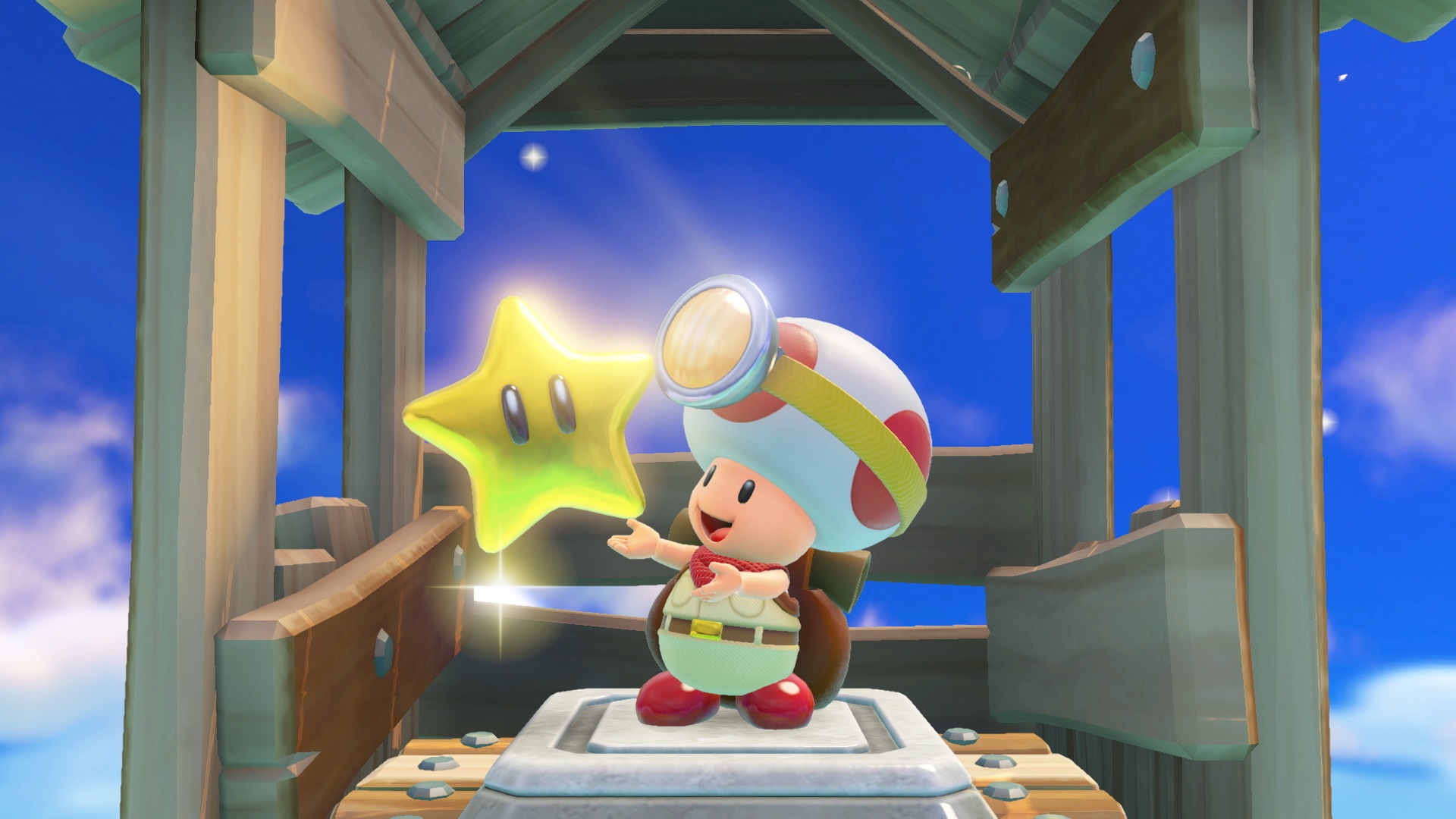
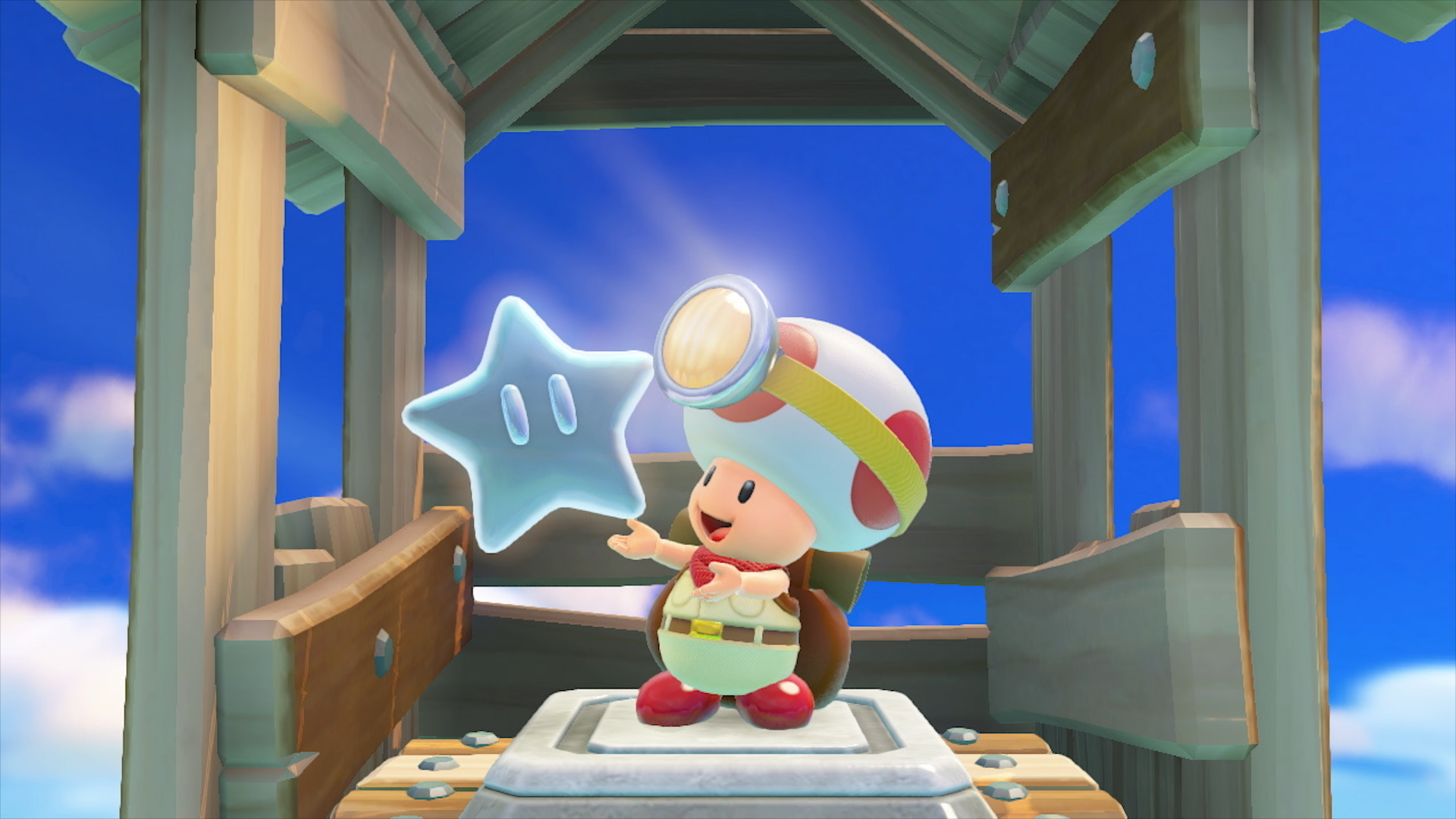
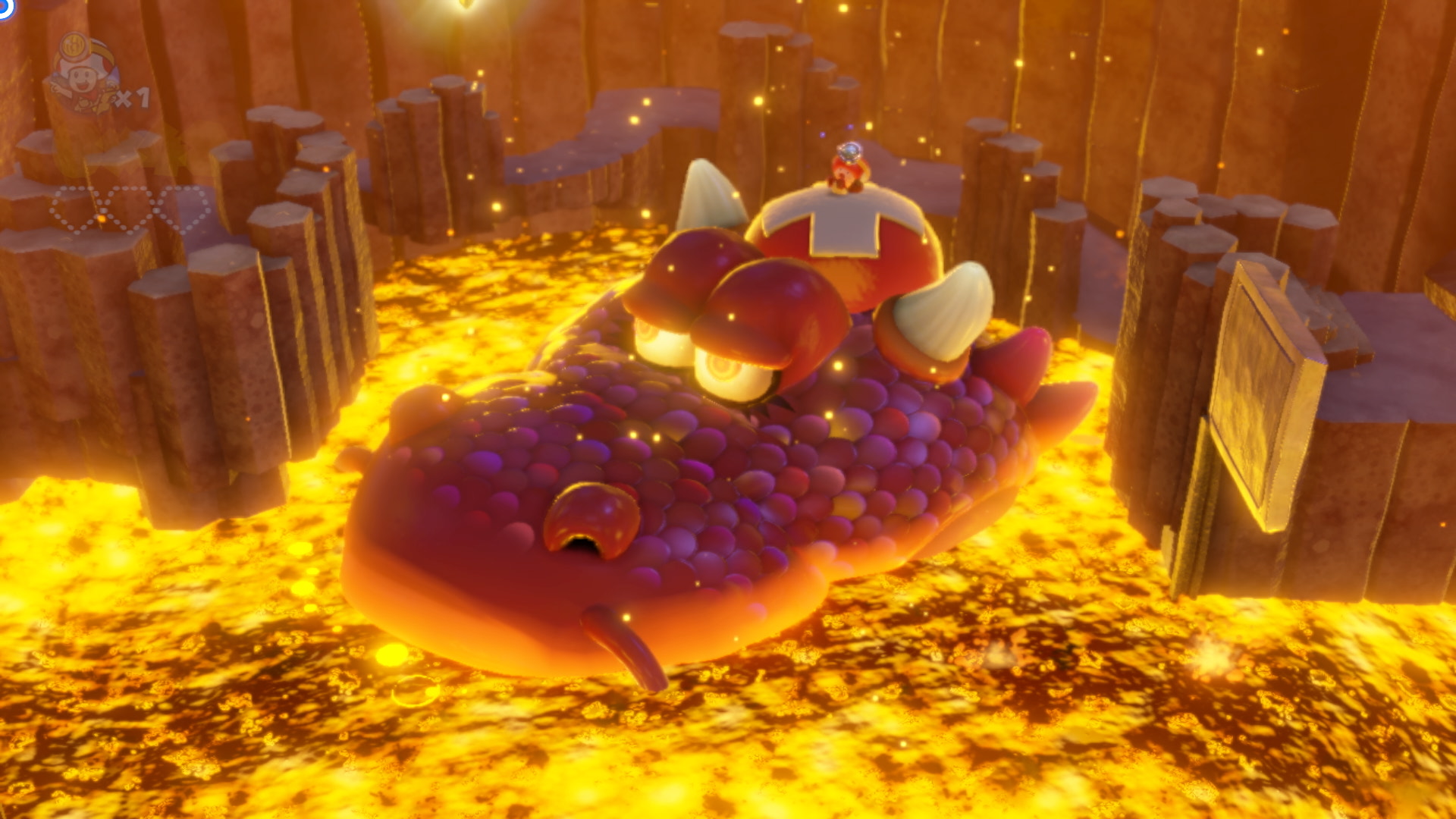
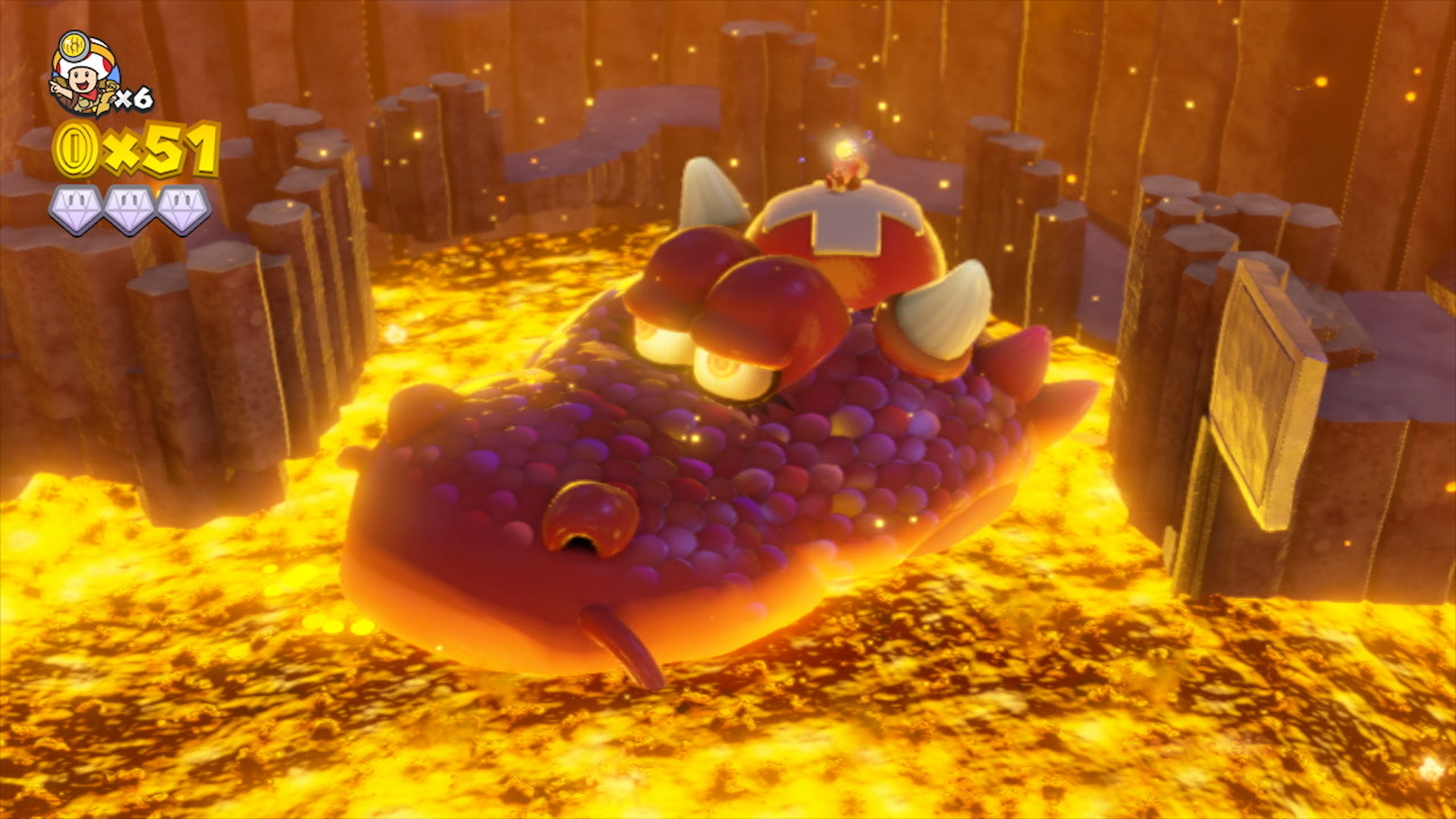
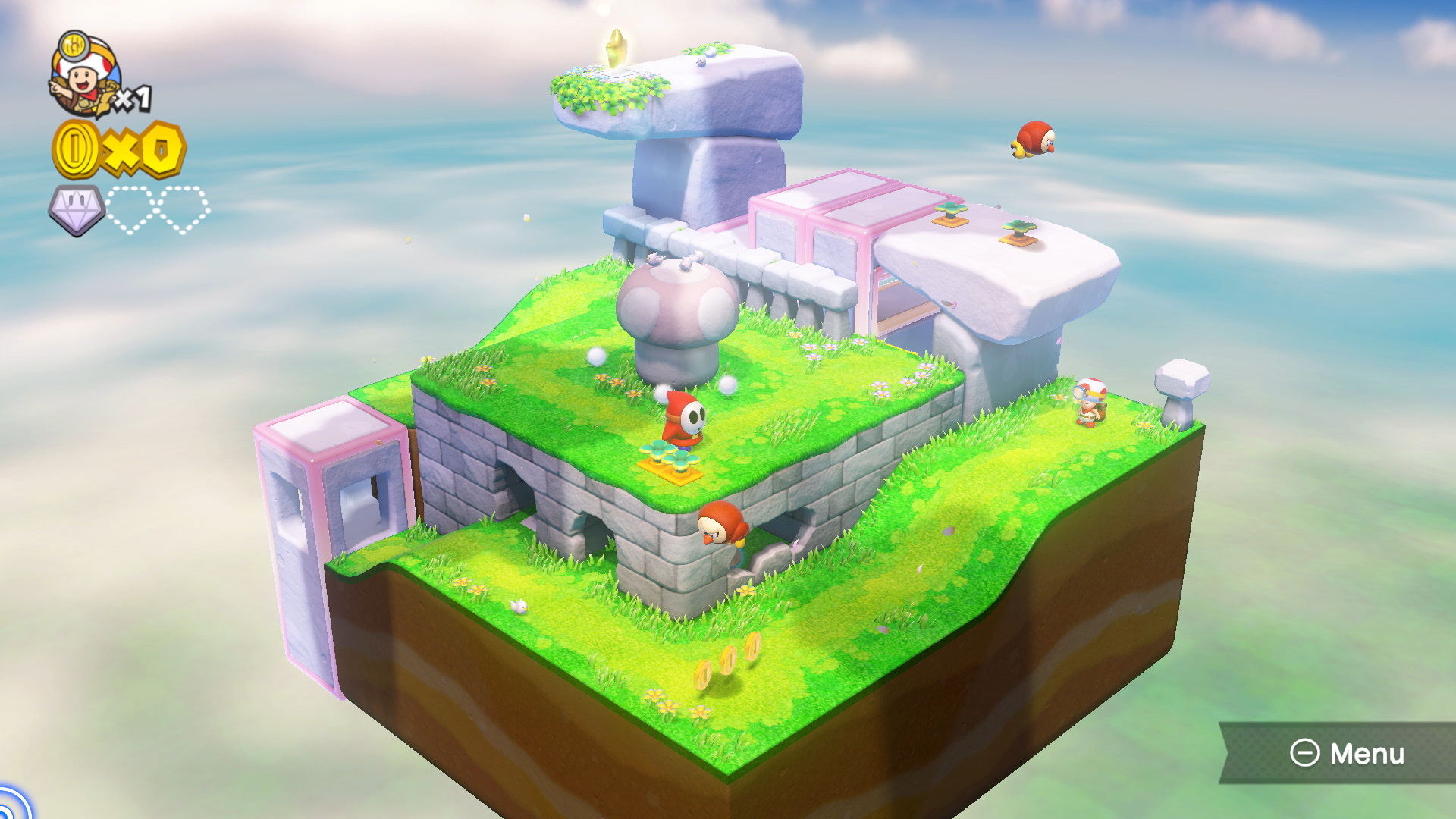
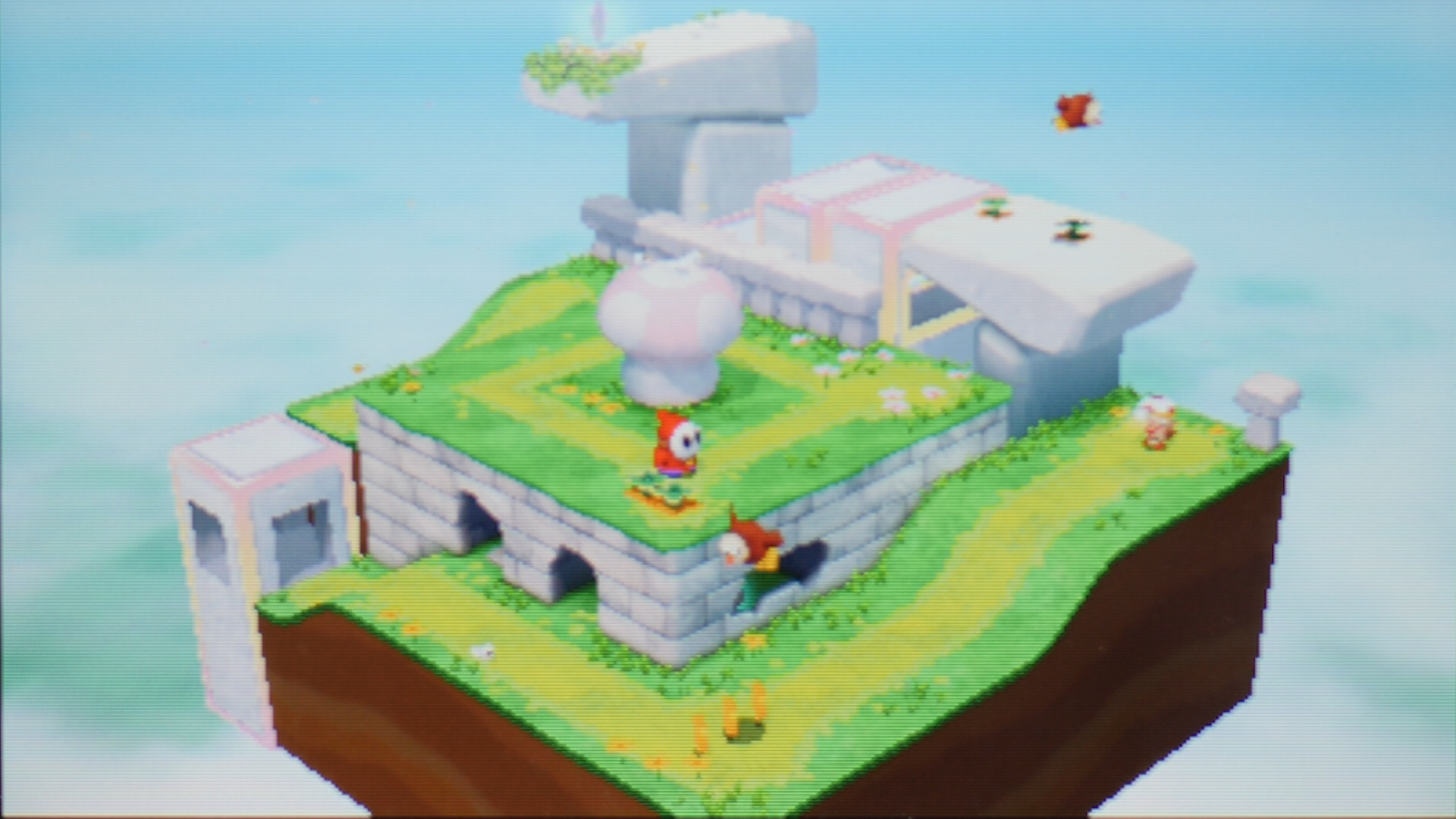


For those wondering, I did also take a moment to test the game on a 3DS XL in addition to the New 3DS. As a late generation game, I was kind of expecting some sort of enhancement for the newer system but looking at the two side by side, the visual quality appears identical. In fact, I tested the demo on a bunch of different 3DS systems - and a 2DS - and the experience is consistent across the bunch. However, New 3DS owners enjoy a super-stable 3D, which allows the stereoscopic mode to function more reliably without shifting in and out of view based on your hand position. With the isometric nature of the game in mind, this is one title I do recommend playing in 3D.
Stepping back though, the thing that really hits home is just how well Captain Toad stands the test of time. I first wrote about the game all the way back in late 2014 and noted back then that Captain Toad would stand the test of time as it looked beautiful, played well and performance was rock solid. It launched in an era where PS4 and Xbox One games often suffered from issues at launch, requiring patches to sort the issues. Captain Toad was flawless straight out of the box.
It's almost four years later now and I still stand by that. This is the kind of game where even if it ended up on PC or Xbox One X, it would still look and play great. When people talk about Nintendo Magic, this is what they're talking about, even if they can't quite put it into words. Now, all of this may come across as rather high praise for what is effectively a small-scale puzzle game, but I've always loved Captain Toad: Treasure Tracker and it's great to see it return on Switch and 3DS. Visually, it's better on the new system, and it plays nearly as well if you can get over the lack of touch controls - but it's that 3DS version that offers the bigger surprise. Back in 2014, I never would have guessed that the 3DS would not only outlive the Wii U but continue to receive ports of Wii U games. Captain Toad on 3DS may not be quite on par with the original release but considering the platform, it manages to hold up remarkably well.
The last point to discuss here is obvious then - Captain Toad: Treasure Tracker is based on work done for Super Mario 3D World on Wii U, so the introduction of this port on Switch suggests that, maybe, we'll see 3D World on the new Nintendo hybrid too. After all, it's a perfect fusion of 2D and 3D Mario and it's still every bit as brilliant today as it was back in 2013. Since Nintendo is basically wheeling out the full Wii U catalogue on the Switch at this point, they may as well finish the job and bring over Super Mario 3D World as well. As a proof of concept, Captain Toad shows how great this could be, and the chances are that it'll be even more warmly received.


